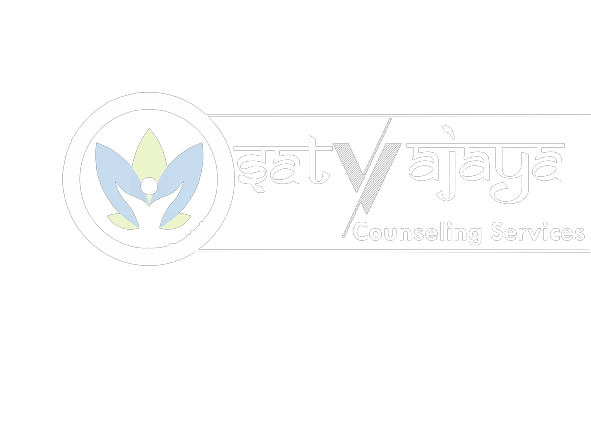Career counselling is no longer regarded as luxuries available only to a select few. It is being widely recognized as a critical requirement, particularly in educational contexts. Individual carrier growth is the goal of carrier counselling. While career counselling encompasses all counselling activities related to professional choices throughout the course of a person’s life, career development refers to a lifetime process of developing beliefs and values, skills and aptitudes, interests, personality traits, and knowledge of the workplace.
A career is a job or profession that involves particular training and is pursued as one’s life work. Our work is extremely essential in our lives since it determines our psychological, social, and economic profiles throughout the majority of our lives.
Work has become a significant means for many people to create their own identity, satisfy social needs, get pleasure through success, and find a sense of purpose and meaning in their lives. In our life, choosing a carrier is really important. The appropriate employment choice may provide a person with a fulfilling, comfortable, and intriguing existence. Choosing a career, acquiring a job, advancing in the work, maybe changing careers, and finally retiring are all part of the process of career planning. It is a decision-making process in which an individual strives to identify the best match between their professional preparation and aspirations and the reality of the workplace.
Individuals are becoming increasingly conscious of the need of planning and self-direction when it comes to developing a career/life path. Many people require assistance in making job selections, effectively manoeuvring various careers, transitions, and retraining and/or updating their abilities throughout their working life, due to the rapidly changing labour market.
In an ideal world, career counselling and advice would be interwoven throughout the school process. Programs in elementary/primary school should be structured to teach pupils about vocational responsibilities, the importance of labour in society, social behaviour, and responsible behaviours. Career advice programmes in middle school should be intended to assist kids build a conceptual understanding of core vocational skills, gain decision-making abilities, and connect the world of work.
Career advice programmes in high school and up to the 12th grade should focus on continuing career exploration through investigating preferences, interests, and aptitudes, as well as preparing for admission into higher training. In institutions of higher learning the needs of students can be met by having programs that help them revaluate interests and aptitudes, reaffirm their choice of occupational/ educational streams, develop scientific career skills and plan for entry into a career field.
A growing body of research points to the necessity for an adult career counselling programme. The number of adults in the process of changing careers is on the rise. People are no longer content with a single stable employment throughout their lives. Privatization and downsizing are becoming more common. Some folks have seen a shift in their demands as they look for meaningful job.
Career decision involves
- Skill assessment
- Interest assessment
- Personality assessment
- Researching Occupations
- Career Decision
- Plan of action.
Career Counselling for Children
Many characteristics of life in an adult environment, such as competition with others and expectations of productive performance, are introduced to children for the first time in elementary school. Differences in development and psychological changes between girls and bodies have a significant impact on social connections and growing self-perceptions; sex-role stereotyping is fairly visible in elementary school.
Because of the significance of self-concept formation on career development, self-concept construction begins in early infancy; there is considerable evidence of the usefulness of directed experiences in strengthening self-concept in elementary school. Understanding one’s own talents and weaknesses is a crucial part of professional growth. Learning to recognise and communicate one’s own strengths and limits is a smart method to lay the groundwork for self-awareness.
Primary school children have personal role models at home and school; both parents and teachers may give excellent role models for children through precept and example. At a young age, children learn to correlate professional duties with sexual stereotypes. Exposure to job information that prevents sex-role stereotyping will diversify children’s perceptions of available careers.
Community resources are a great source of career information, role models, and exposure to a variety of jobs. Counseling for self-awareness is a significant objective of the elementary school growth period. Methods for increasing self-awareness stimulate the development of the capacity to receive and comprehend information about oneself and others, as well as distinctions between individuals.
Learning to accept responsibility for one’s decisions and behaviours has far-reaching ramifications for future job choices. Skills development that allows children to analyse events, recognise persons who can aid them, and seek help when required are some of the first steps.
Understanding the link between school and employment is a critical notion for advancing one’s career. Skills acquired in school and via extracurricular activities should be linked to work-related activities.
The idea that all work is important builds an understanding of wily parents and other work. Reflection on the reasons for working fosters awareness that any productive worker should be respected. Learning about occupations and about people who are actually involved in occupations builds and awareness of differences among people and occupations.

